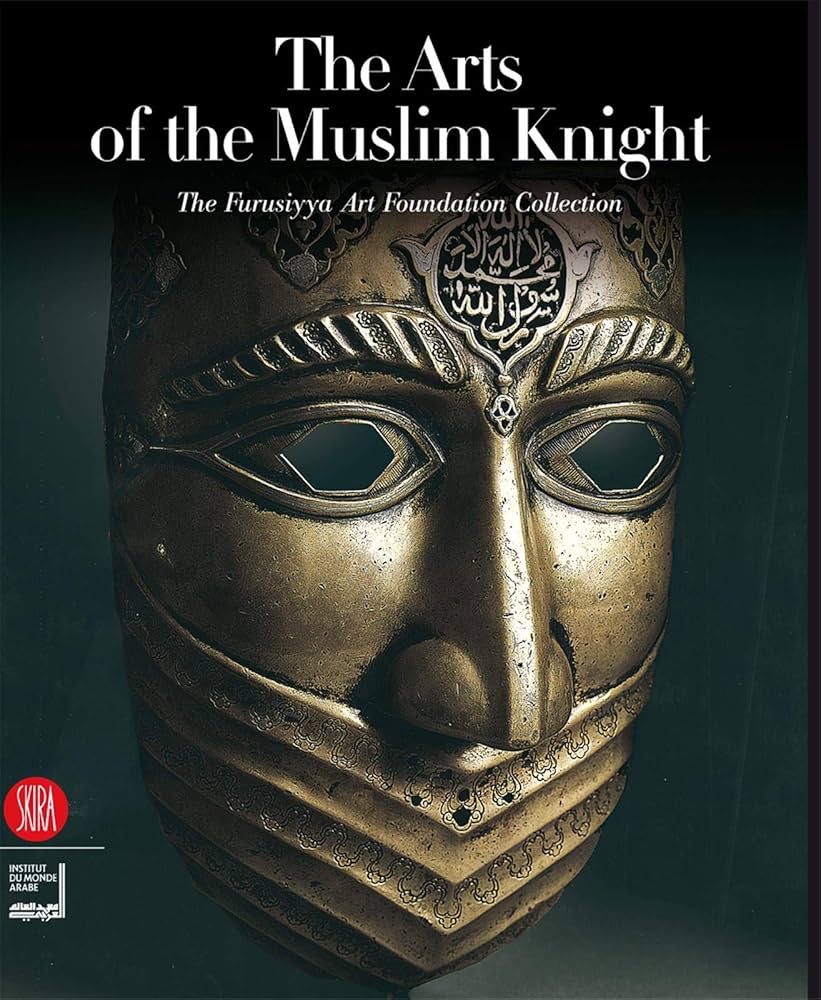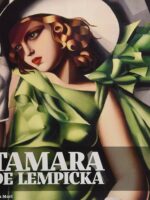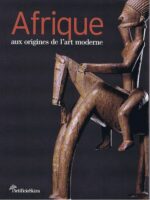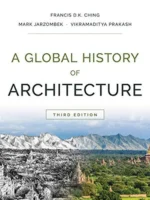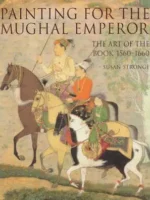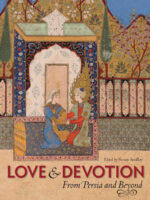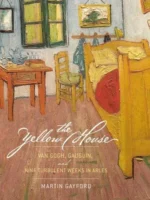The Arts of the Muslim Knight Review
The Arts of the Muslim Knight (Skira) surveys arms, armor, and equestrian arts across Islamic worlds as technologies and artworks: steel and silk engineered for protection, ceremony, and status.
Overview
Chapters span blades and damascening, mail and plate, helmets and shields, archery, horsemanship, textiles and saddlery, with objects from Ottoman, Persian, Mamluk, Mughal, and North African courts. Inscriptions, calligraphy, and talismanic motifs receive close reading.
Summary
Material analysis explains crucible steels, pattern welding, and decorative techniques; court workshops and guilds anchor production; diplomacy and gift exchange move styles across empires. Objects are situated in ritual, parade, and battlefield use.
Authors
Specialists in Islamic art and arms curate with technical and epigraphic rigor, pairing macro history with object-level detail.
Key Themes
Function fused with script and symbol; technology transfer along trade routes; patronage and prestige; conservation challenges.
Strengths and Weaknesses
Strengths: high-quality photography, technical explanations, and contextual essays. Weaknesses: limited everyday, non-courtly artifacts and sporadic provenance gaps.
Target Audience
Collectors, historians of technology, curators, and designers interested in material culture and ornament.
Favorite Ideas
Calligraphy as protective device; steel patterns as aesthetics and brand; horse trappings as mobile architecture of status.
Takeaways
These objects are systems of craft, belief, and power. Reading material, inscription, and use together reveals their full design logic.

